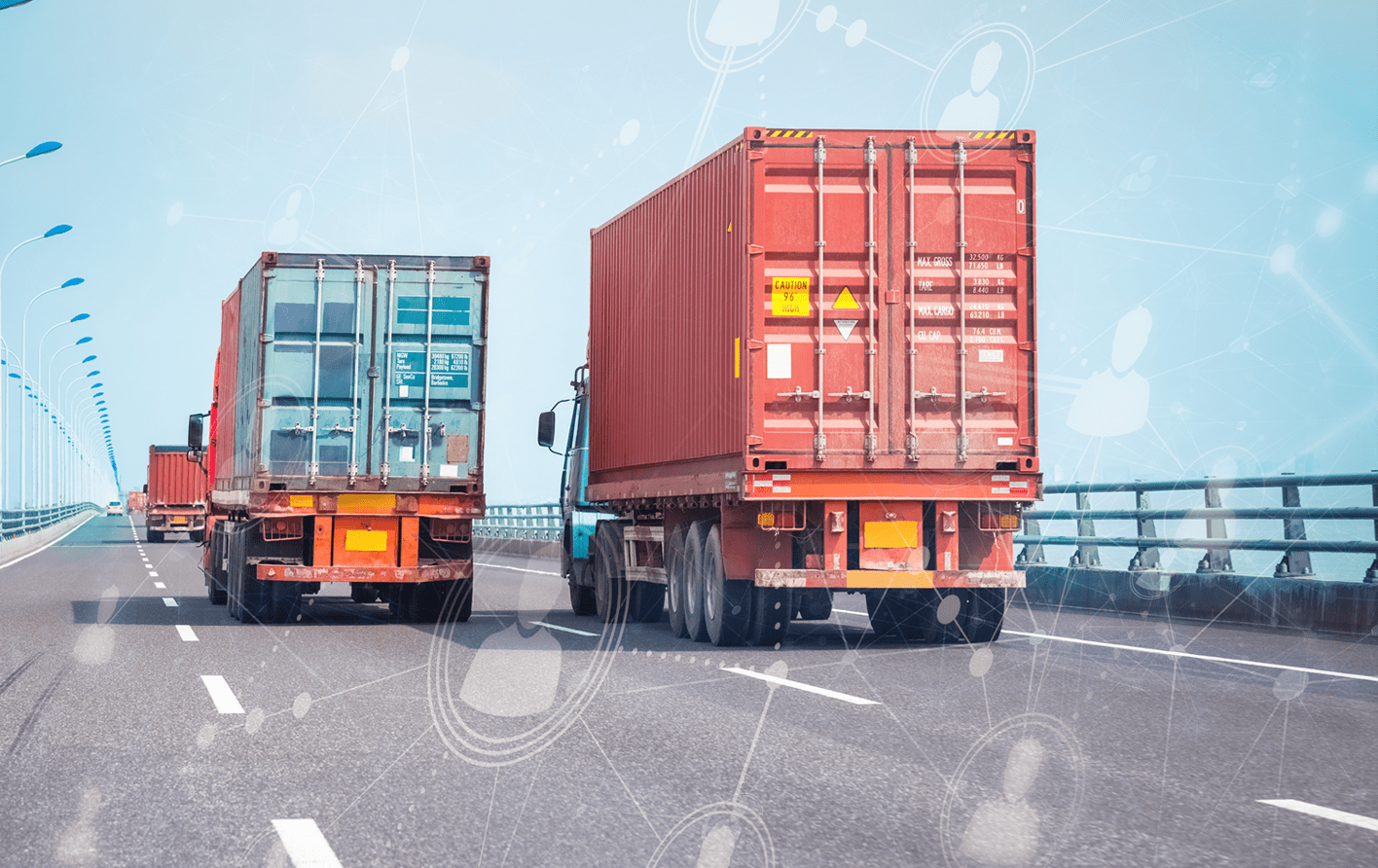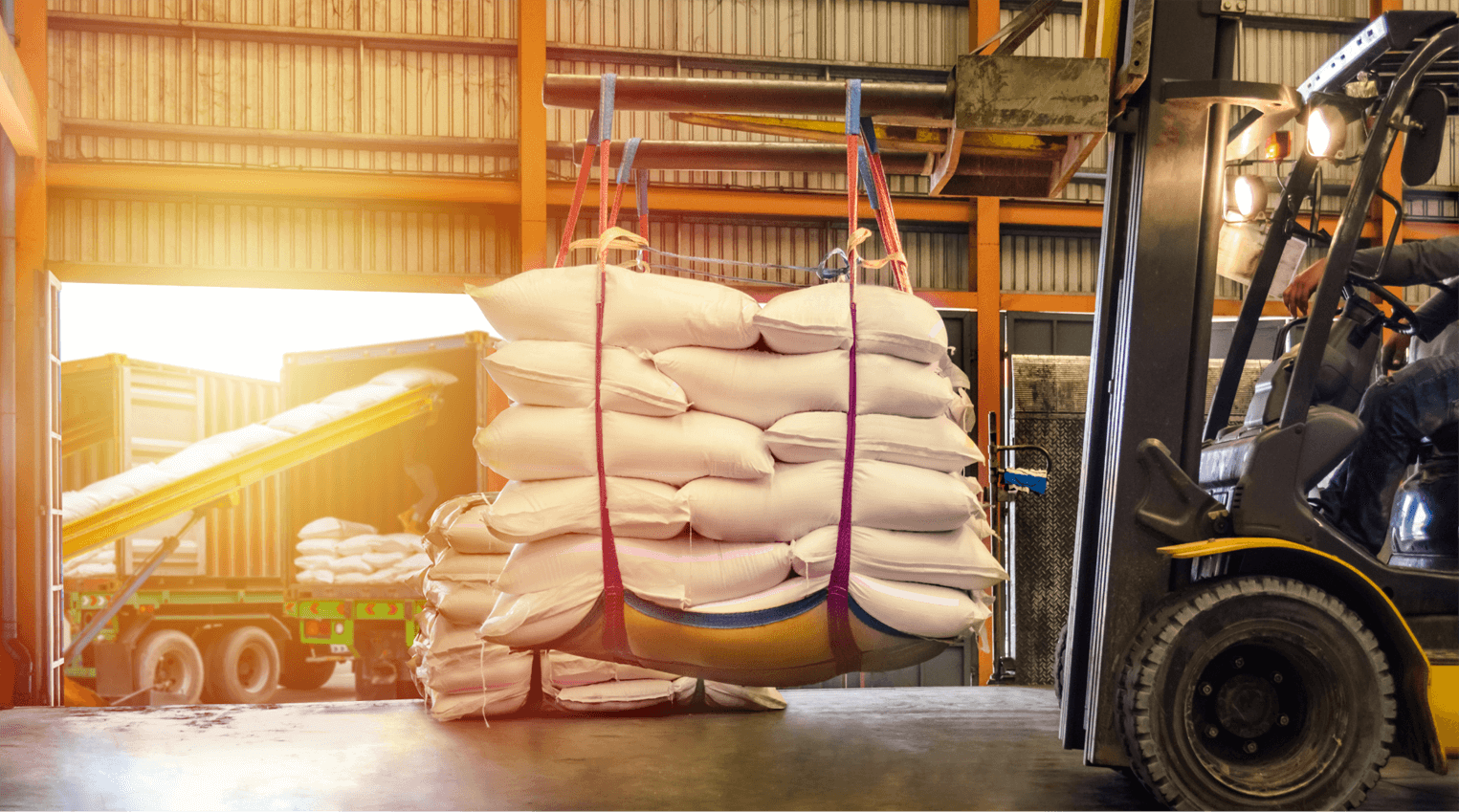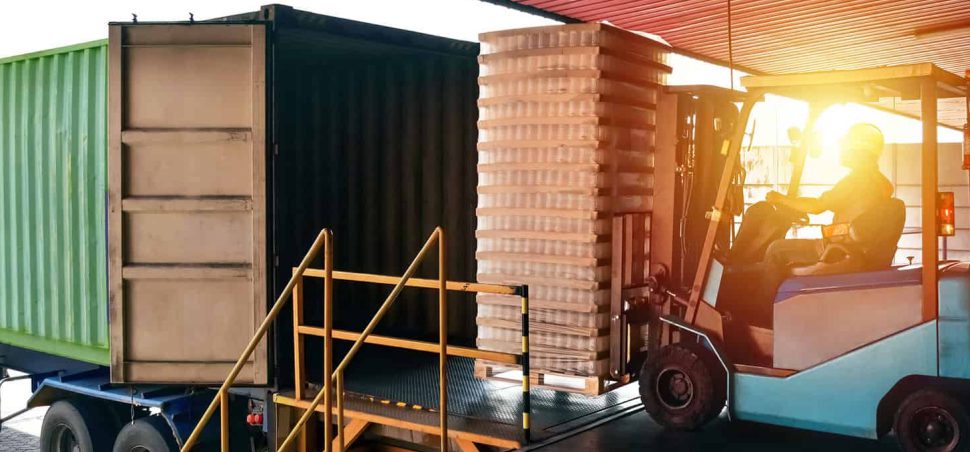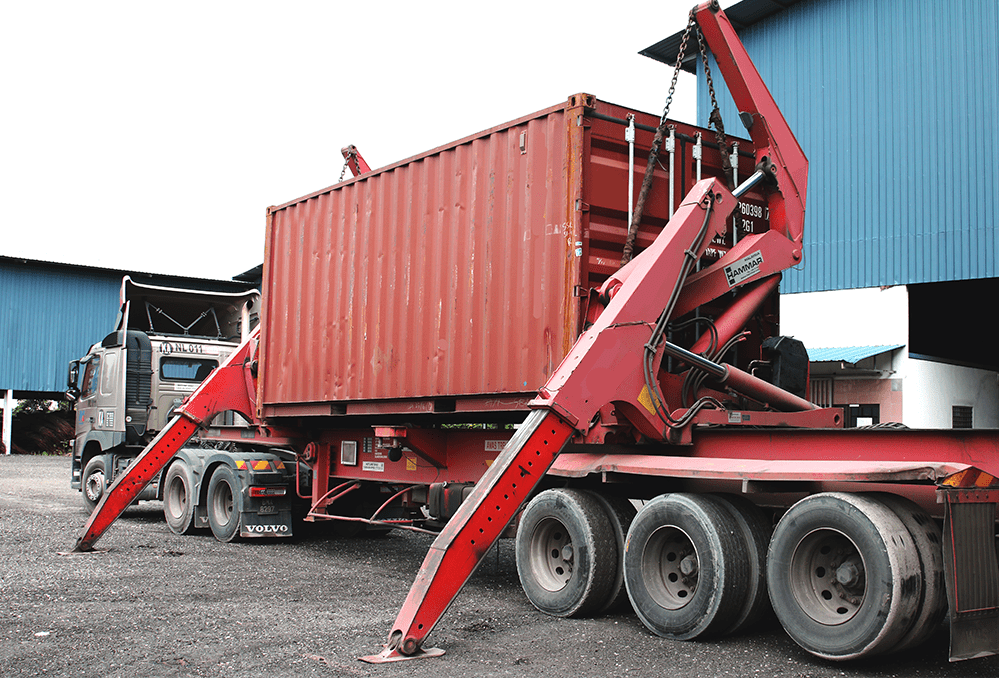Container triangulation is a well-known practice among transport companies worldwide. It’s a process that involves reusing import containers for exports, reducing the need to transport empty containers to and from depots and improving turnaround times. This approach simplifies logistics while delivering big business benefits: a) Reduced costs: By reusing containers, transport operators can minimise expenses associated with depot charges. Typically, returning containers to depots incurs additional costs, especially if they are not returned within the agreed timeframe. Container triangulation mitigates these costs, making the process more financially sustainable. b) Improved efficiencies: Efficient fleet utilisation is vital for any transport operator. By eliminating the need to ferry empty containers to and from depots, businesses can make better use of their resources. This means streamlined operations, faster turnaround times, and increased profitability. c) Reduced environmental impact: Container triangulation also plays a crucial role in reducing CO2 emissions. By minimising the number of empty container movements, businesses contribute to a more sustainable and eco-friendly container transportation sector. However, container triangulation is out of reach for transport operators whose workload requirements don’t align. For example, if a company mainly deals with importing goods and doesn’t have any export work, they can’t truly leverage container…
Success through collaboration: How MatchBox Exchange has been valuable for PGH
In this case study, we will take a close look at how Premium Grain Handlers PTY Ltd leverages the digital platform provided by MatchBox Exchange to their benefit. We will start with a brief introduction to their business and then proceed to examine their insightful responses to a series of questions we posed to them. About Premium Grain Handlers Premium Grain Handlers (PGH), founded in 1995, are a grain exporter based in WA, Australia. PGH offer an efficient and versatile range of grain supply, storage, cleaning, processing, bagging, and container packing services.PGH adopted the MatchBox Exchange platform in early 2022, utilising container Exchanges to source empty containers from other transport companies looking to dehire them in a more efficient and cost-effective way.PGH have utilised Exchanges to source thousands of quality empties from the wider network, who drop empties straight into their yard with a 5-minute turnaround time. This eliminates PGH’s need to send trucks to the empty container park (ECP) for this equipment. Q&A insights 1) What advantages has your business gained from utilising MatchBox Exchange? MatchBox Exchange has proven to be a game-changer for PGH. The main benefits include ease of access to containers, and reduced booking fees…
Collaboration drives efficiency: How technology is connecting and advancing the container transport industry
It is not common for competing businesses to work in collaboration with each other. But if it could save you time, reduce your costs, and bring in more business, would you consider it? This is a question that shipping container transport operators are starting to ask themselves. As the industry embraces the benefits of digital processes and starts looking for new ways to reduce costs and disruptions in supply chains, there is an opportunity for transport businesses to adopt (and benefit from) more streamlined, strategic, and collaborative processes. Indeed, emerging technology is helping the container transport industry to drive more efficient empty container management and reduce the use of depots by offering digital container reuse (or container triangulation) as a viable alternative. However, it begs the question: is this alone sufficient? Transport operators continue to wear the cost of wasteful supply chains. Container triangulation, which is often synonymous with reusing import containers for export purposes, provides significant time and cost-saving advantages for companies that can reuse empty containers in their possession – reducing the frequent need to transit through depots. It’s a great alternative to depots, that many transport businesses are adopting. However, what if import containers don’t match their export needs? In this…
Transforming landside logistics: A case study on cost reduction and enhanced productivity with Maersk and MatchBox Exchange in Australia
For more than six years, Maersk and MatchBox Exchange have formed a successful partnership that spans multiple markets. It all began in Australia back in 2017, and since then, this collaboration has generated numerous benefits for transport companies, exporters, and importers alike. In this case study, we’ll explore how MatchBox Exchange’s platform for Exchanges and Re-Uses has significantly reduced costs and increased productivity in the Australian market. Exchanges – Western Australia (WA) Parties involved 1. Grain exporters 2. Transport companies 3. Maersk and MatchBox Exchange (MB) What is happening? Currently, we have shippers sourcing units directly from others in WA via the Exchange feature. This involves the following process: A) Export shippers (or their subcontracted transport company) make an Exchange post once they get an active release number.This then, informs others that this party is looking for X units by a specified date, dropped off to a specified location. B) Other transport companies needing to dehire these units will then offer, and subsequently, Exchange these units with the exporting party. This helps users leverage each other’s import and export mix to still cut out the empty depots in cases where they can’t make a Re-Use amongst their own business mix…
Sideloaders – helping you increase your productivity
MatchBox Exchange now operates across many markets in APAC and it’s interesting to see how container transporters operate differently across these markets. All face the task of having to collect/deliver both full and empty containers to/from port terminals and empty container depots. What we see is various delivery models and equipment used by different markets. In this article, we focus on the growing use of sideloaders (also referred to as swinglift trailers). A sideloader is a chassis fitted with cranes that can lift containers on and off its chassis without the need for a container forklift. In markets like Australia and New Zealand they are widely adopted, with growing use in markets like Malaysia. So what’s so good about sideloaders? a) They offer more delivery flexibility – containers can be delivered to customers before their planned unpacking/packing time (often after hours) so when unpacking/packing crews arrive, the container is on the ground ready for them. b) There is no need for the sideloader to wait for the customer to unpack/pack their containers and can quickly move on with their next job resulting in increased productivity (more deliveries). c) Containers can be unloaded or loaded onto the truck’s chassis within 15 minutes. d)…





